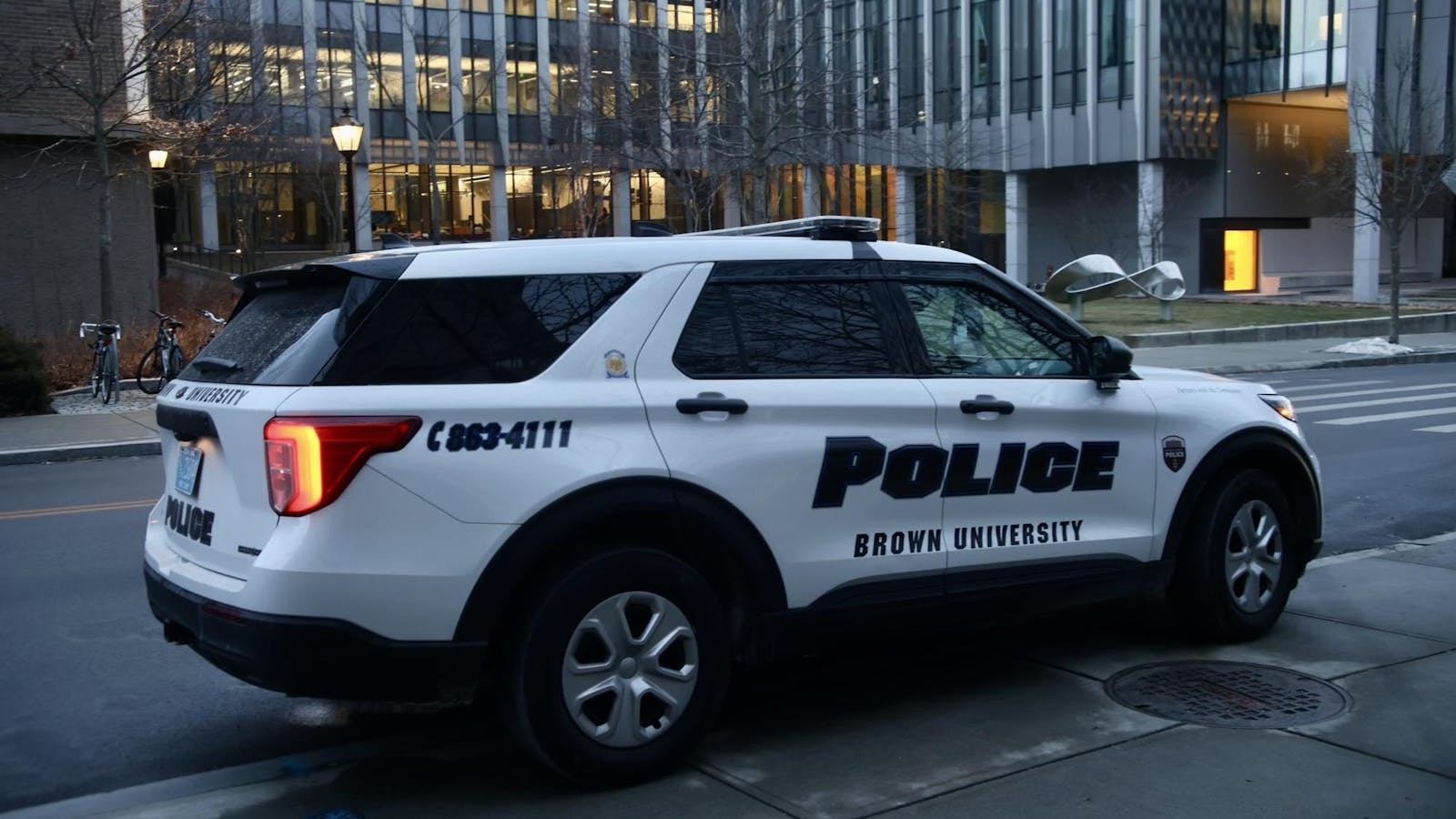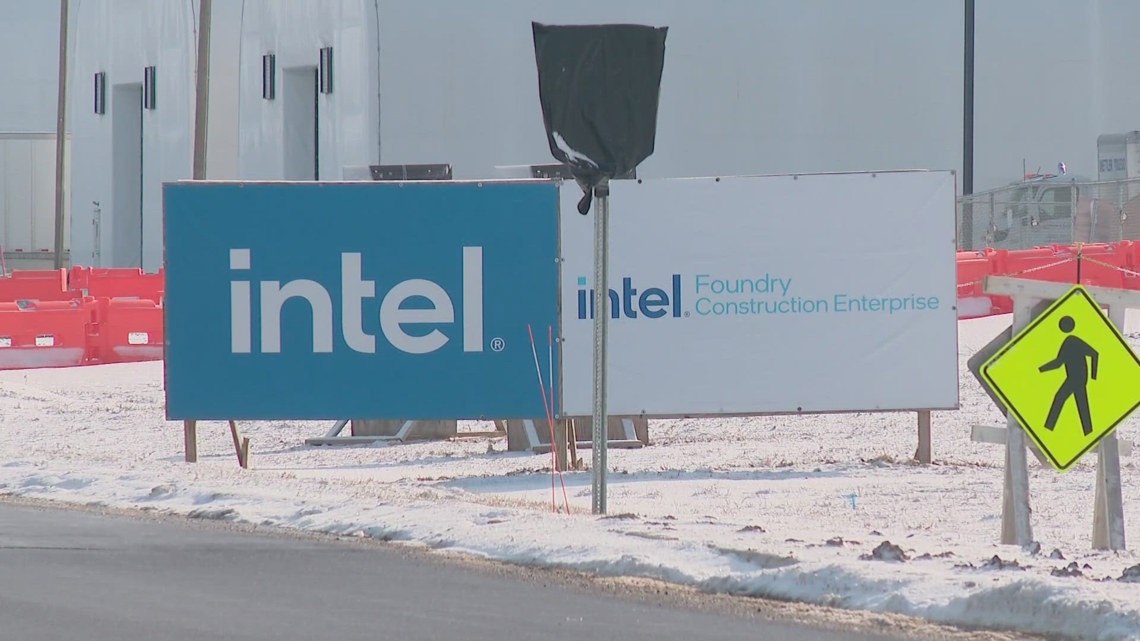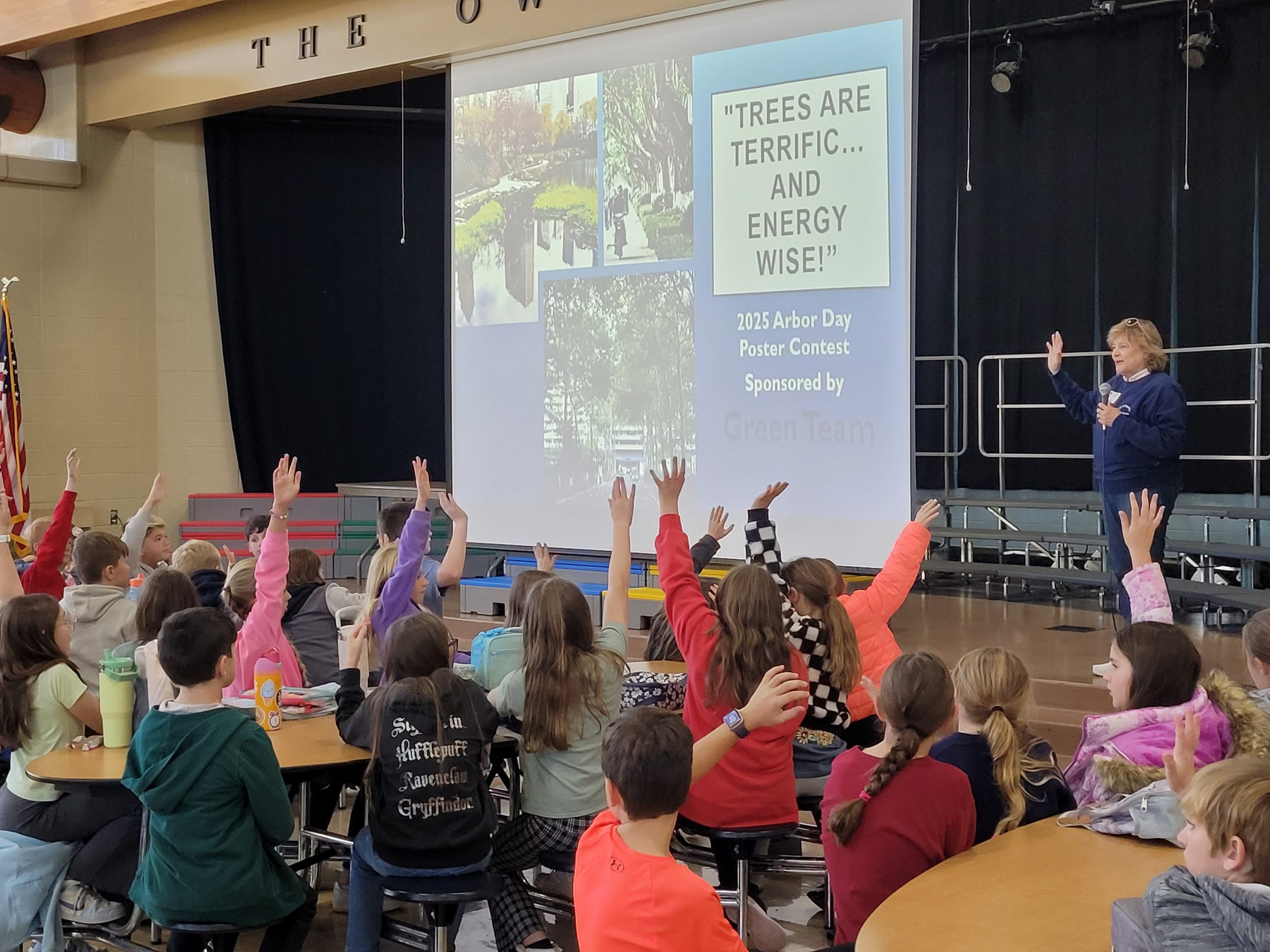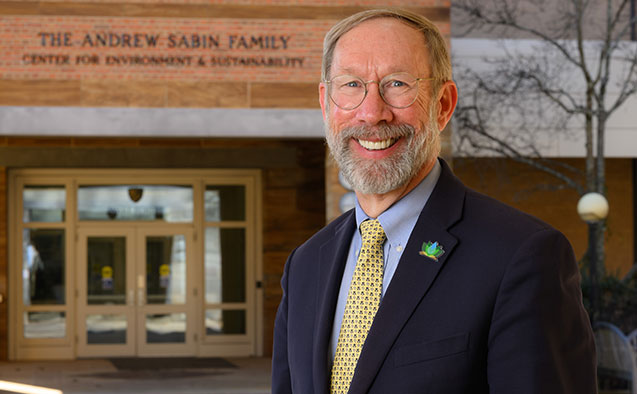
Night's Secret Guardians: How Tiny Workers Silently Save Our Ecosystem While We Dream
Under the Cover of Darkness: How Artificial Lights Are Silencing Nature's Night Shift Workers In the intricate web of ecosystem interactions, nocturnal insects play a crucial role that often goes unnoticed. However, our modern landscape of constant illumination is dramatically disrupting their delicate nighttime operations, creating a ripple effect that impacts far more than just these tiny creatures. Imagine a world where insects—nature's unsung heroes—navigate, communicate, and work through the darkness, performing essential tasks like pollination, decomposition, and maintaining ecological balance. Now, picture artificial lights flooding their nocturnal realm, throwing their sophisticated systems into complete chaos. These night shift workers rely on darkness for survival, reproduction, and critical environmental functions. Streetlights, billboard illuminations, and urban glare are not just inconvenient; they're fundamentally altering insect behavior, migration patterns, and reproductive cycles. The consequences extend far beyond the insect world, potentially threatening entire food chains and ecosystem stability. Scientists are increasingly alarmed by this "light pollution," recognizing it as a significant environmental challenge. When insects can't perform their natural roles, the repercussions cascade through agricultural systems, wildlife interactions, and ultimately, human survival. It's time we recognize that our bright nights are more than an aesthetic choice—they're a complex environmental intervention with far-reaching consequences. Protecting our nocturnal insects isn't just about preserving biodiversity; it's about maintaining the delicate balance that sustains life on our planet.









